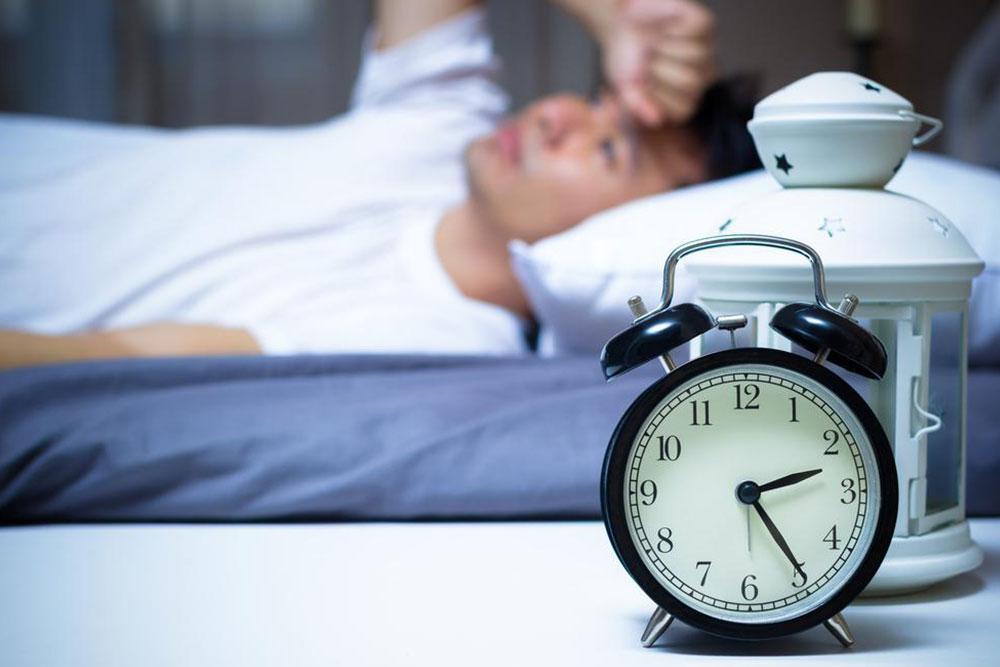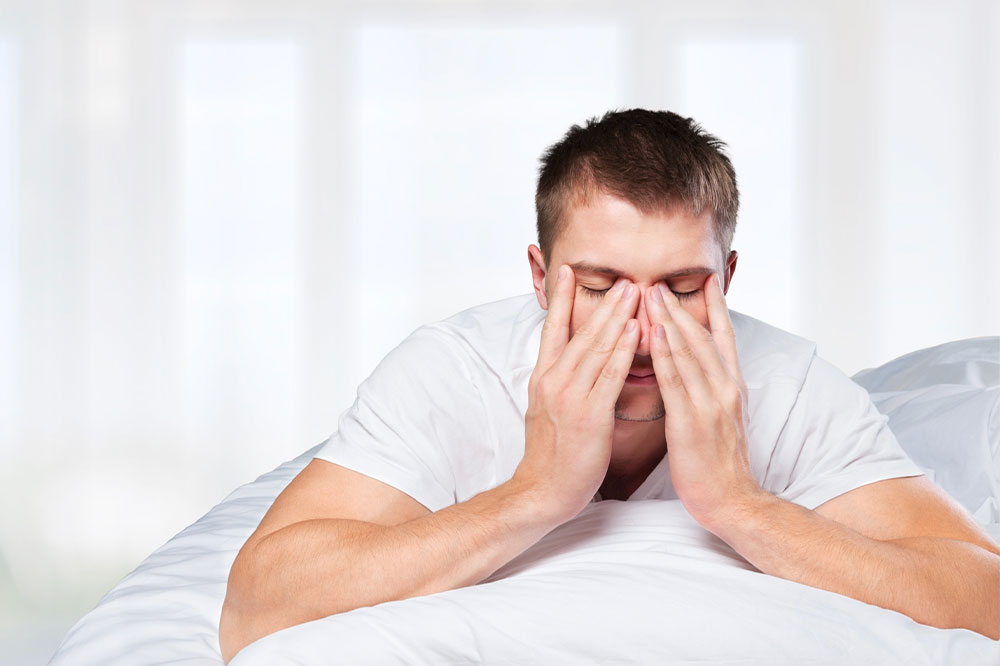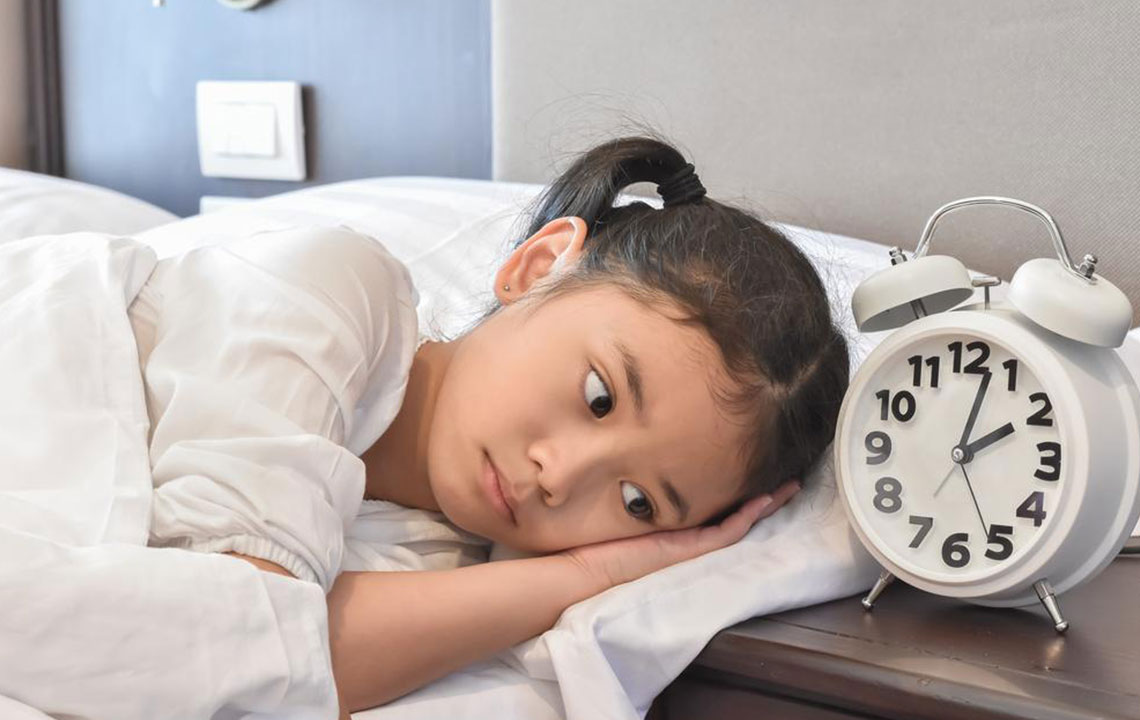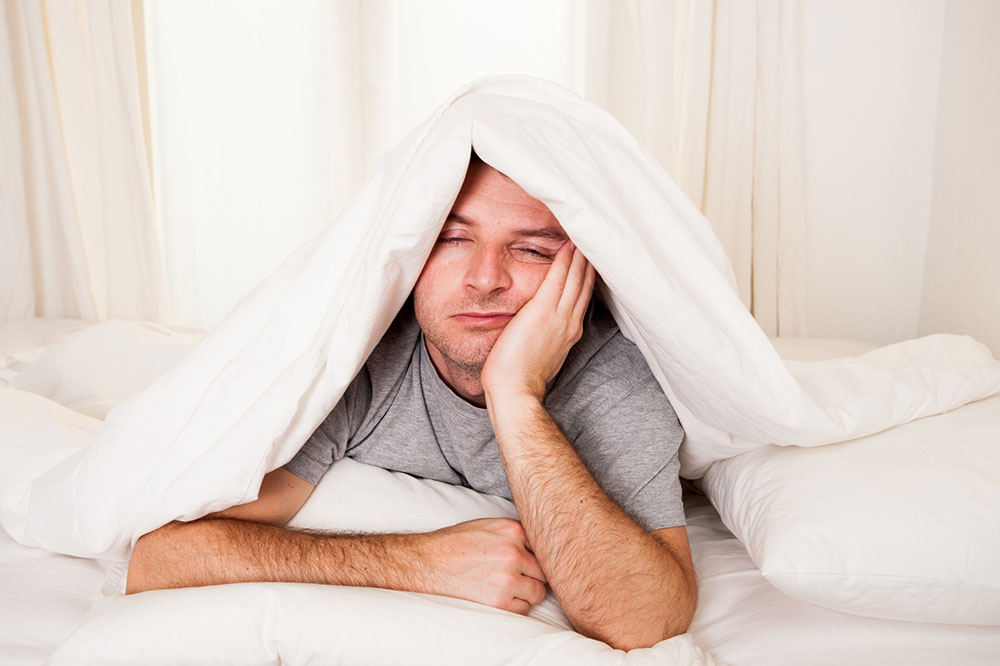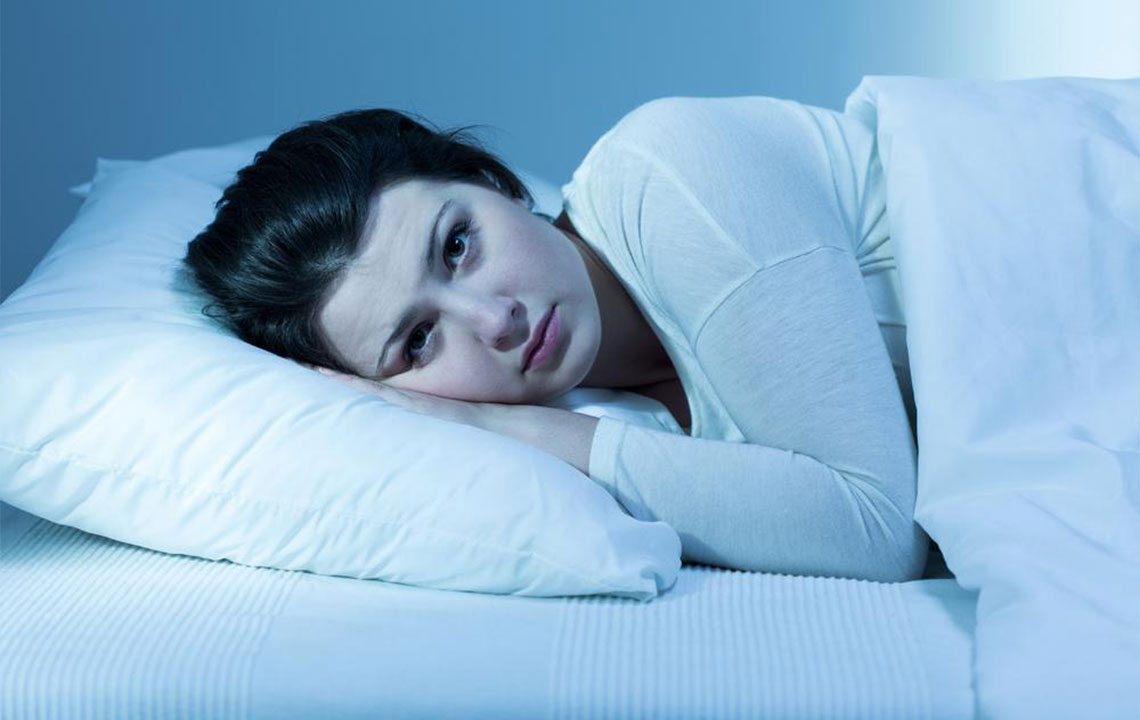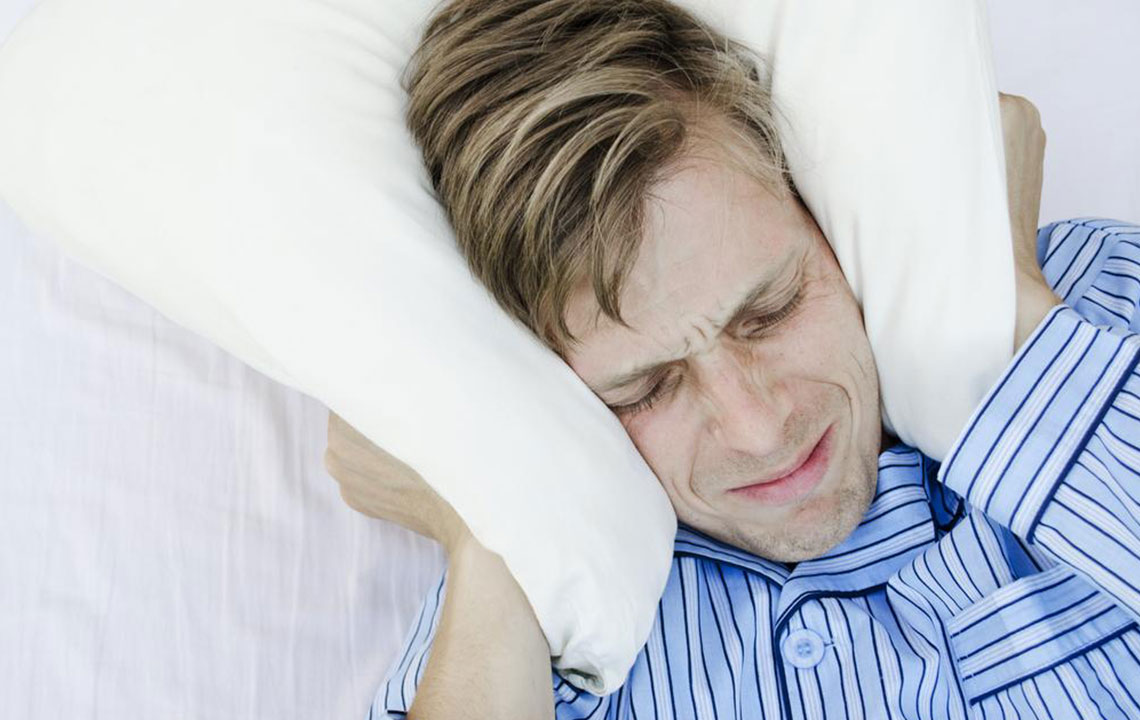Understanding Sleep Challenges in Older Adults
This article explores common sleep problems among seniors, including insomnia, sleep apnea, and restless leg syndrome. It emphasizes the importance of diagnosing underlying causes for effective treatment. Avoiding sedatives and seeking professional help can improve sleep quality and overall health for older adults.

Understanding Sleep Challenges in Older Adults
While aging itself doesn't directly cause sleep problems, health challenges that come with age can contribute to difficulty sleeping. Elderly individuals experiencing sleep issues may face fatigue and health complications.
Here are five common reasons for sleep disturbances:
Age-related health conditions: Conditions such as heart, lung issues, gastroesophageal reflux, arthritis, prostate enlargement, anxiety, depression, Alzheimer's, and Parkinson's can interfere with sleep.
Breathing problems like sleep apnea and snoring: Respiratory issues tend to worsen with age, disrupting normal sleep breathing patterns. Diagnostic tests can identify these problems.
Other sleep disorders include insomnia, characterized by difficulties falling or staying asleep, often linked to fatigue, depression, and cognitive decline. Restless Leg Syndrome (RLS) causes an overwhelming urge to move legs, worsened at night, disturbing sleep. Periodic limb movements (PLMS) involve repetitive leg movements during sleep, sometimes associated with RLS but distinct conditions.
Diagnosing the primary cause of sleep issues is essential. Resorting to sedatives should be avoided unless necessary, as they can impair brain function. Addressing the root problem offers better chances for recovery.

